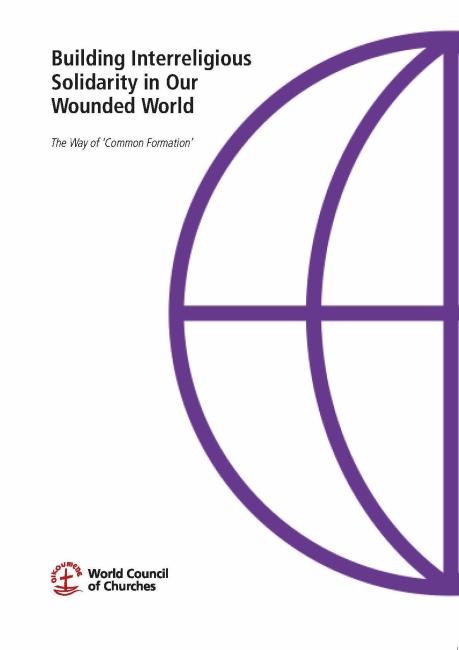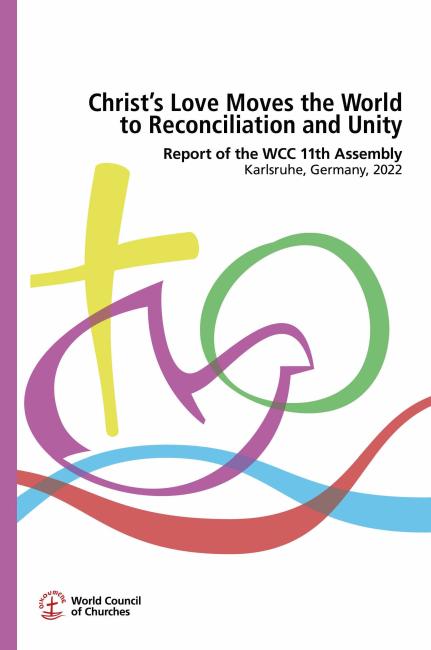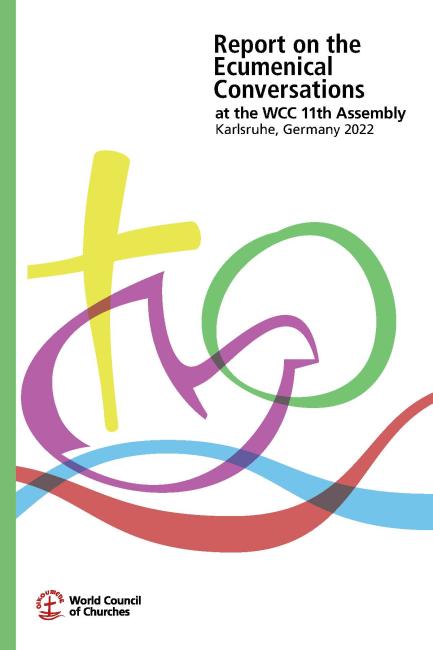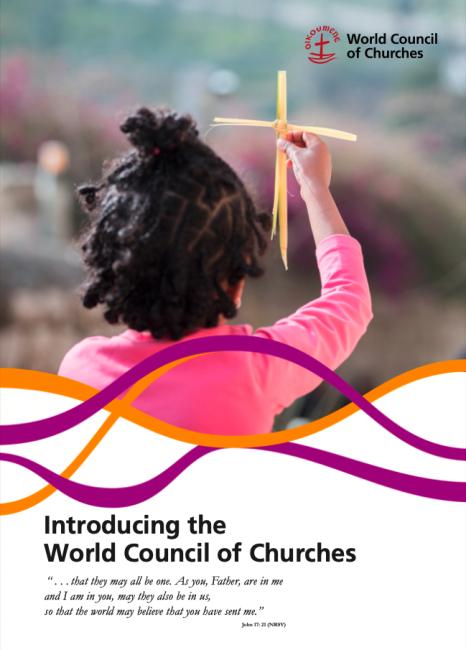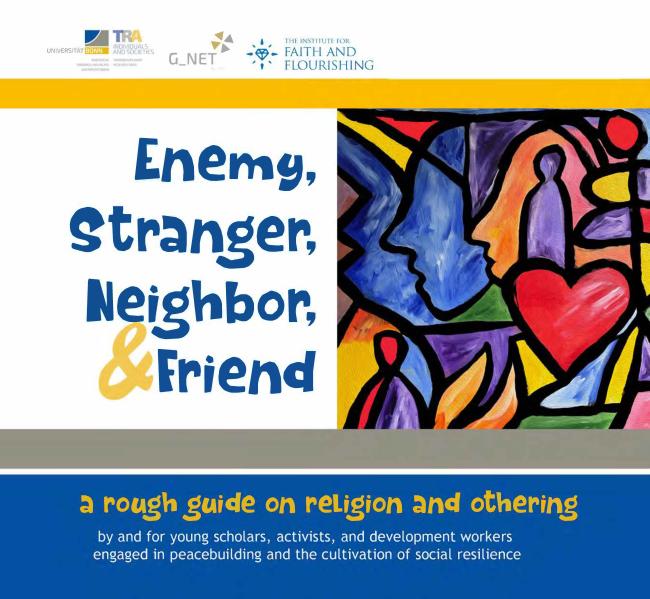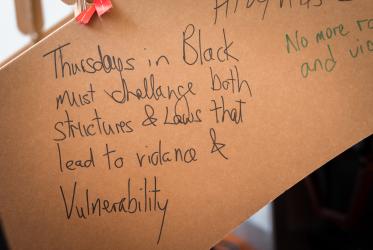The Living Legacy of the International Missionary Council
This book is a must for academics, pastors, or mission practitioners interested in how Christianity expanded in the 20th century through mission work, how this has transformed into World (or Global) Christianity, and what mission looks like in the 2020s and beyond.
The first part answers two questions through nine regional reports. These reports came from an international study process led by the Commission on World Mission and Evangelism of the World Council of Churches for the centenary of the commission’s predecessor, the International Missionary Council, focussing on two questions: What is the understanding of Christians in the Global South mission in today’s world in crisis, and what will it be in the years to come? What hope can the good news of Jesus Christ give to those who are most vulnerable and often wounded through conditions that threaten their existence?
The second part of the book contains five studies of transnational mission networks. Transnational mission networks offer a huge potential for churches and mission actors in their work in a world that is facing many unexpected and overwhelming challenges. How can these networks foster mission, justice, reconciliation, and unity?
24 March 2023


